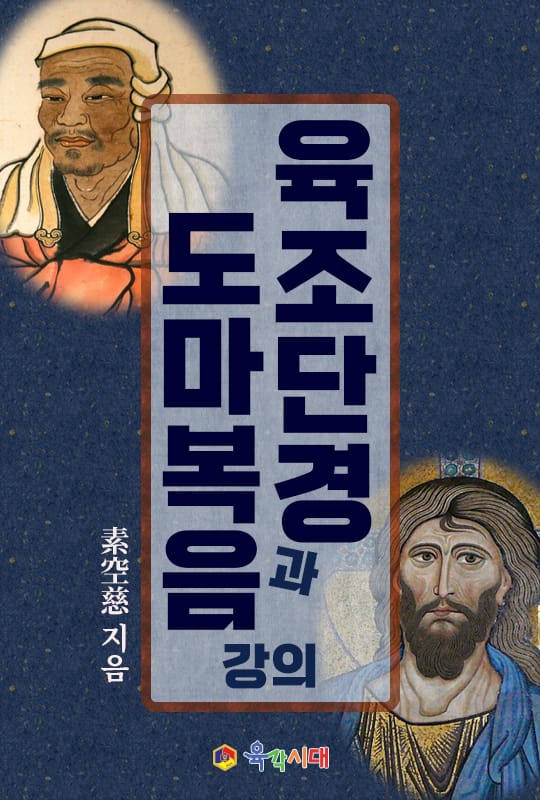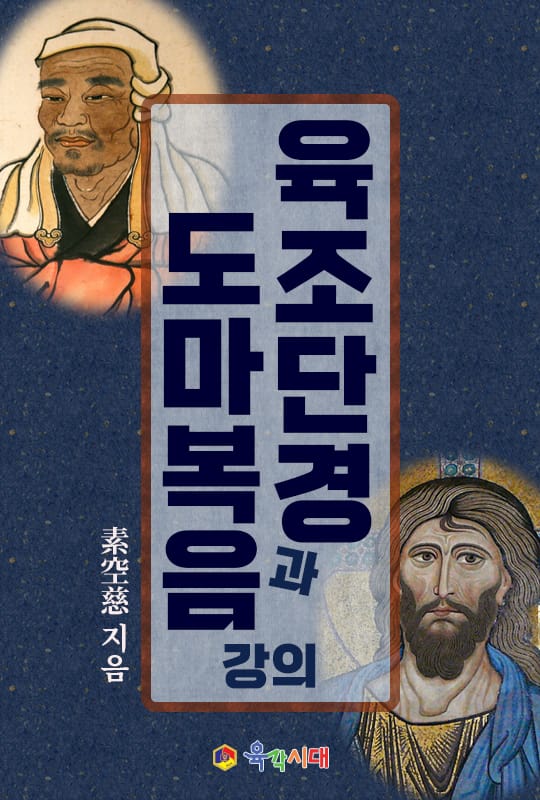The Wise Fisherman Who Catches the Completion of Life

The Wise Fisherman Who Catches the Completion of Life
"A person is like a wise fisherman who casts his net into the sea. He pulled up his net from the sea full of small fish, and among them he found one large, good fish. He threw all the small fish back into the sea. Without hesitation, he chose that large fish. Let those who have ears to hear, hear!"

The most precious thing in life is wisdom. In living in this turbulent world, money, honor, power, and love are all necessary and good things. However, what is truly and eternally best is enlightenment.
The most ultimately precious thing in our lives is not following the knowledge we believe in or the beliefs we lean on, but discovering the power of nature itself. Living by returning to the world of nature itself and enjoying nature's love and abundance—that is, the transcendent life (escaping from the self bound to the world of experience formed through living and re-blossoming one's experiential world in this reality through the natural life force bestowed by nature—the most complete life)—this is the happiest life.
The large fish that the fisherman discovered refers to precisely such a transcendent life. If you now know that large fish, you will not cling to the small fish—that is, money, honor, love, and power.
Among Jesus's disciples in ancient times, there were very few who could properly understand Jesus's teachings. Still, the person who understood Jesus's words three-dimensionally was Thomas. Therefore, Jesus could say to Thomas what he could not say to other disciples. The Gospel of Thomas is a compilation of precisely such teachings. For this reason, much of the content of the Gospel of Thomas was beyond what ordinary disciples could dare to understand. That is why the Gospel of Thomas was rejected as apocryphal.
The Test of Understanding
Long ago, after Bodhidharma crossed from India to China and spread his teachings, he called his disciples together and told them to speak about what they had learned.
The first disciple, Daofu, came forward and said: "As I see it, the Way consists of not clinging to words and letters, yet not abandoning words and letters."
Bodhidharma said: "You have attained my skin."
A disciple named Zongzhi said: "As I understand it, it is like when Ananda saw the Buddha-land of Akshobhya—having seen it once, he did not see it again."
Bodhidharma said: "You have attained my flesh."
A disciple named Daoyu said: "The four elements (earth, water, fire, wind) are originally empty, and the five aggregates (form, sensation, perception, mental formations, consciousness) do not exist. As I see it, there is not a single dharma to be obtained."
Bodhidharma said: "You have attained my bones."
At that time, Huike quietly bowed and stood respectfully in silence.
Bodhidharma said: "You have attained my marrow."
Bodhidharma could see that Huike had already obtained the complete teaching. Thus Bodhidharma transmitted his bowl and robe to Huike.
Thomas might be compared to Huike. The same thing happened with Jesus.
The Soul Intoxicated by the Spring of Truth
Jesus said to his disciples: "Compare me and tell me whom I am like."
Simon Peter said: "You are like a holy angel."
Matthew said: "You are like a wise philosopher."
Thomas said: "Master, my mouth is completely unable to grasp whom you are like, so I cannot express it."
Jesus said: "I am not your teacher. You have been drinking. You belong to me, and you are intoxicated by the overflowing spring that I have spread abroad."
Among the disciples, only Thomas was intoxicated by truth. The rest of the disciples did not know Jesus at all. They simply looked at Jesus through their own images. That's why they said things like "like an angel" or "like a scholar." Although Thomas was not an enlightened person, Thomas truly followed Jesus with his heart, not reasoning this way and that with only the thoughts of his head. Thomas knew that Jesus had brought a new gospel to this earth.
Jesus took him aside and spoke three words to him. No one knows what those three words were. When Thomas returned to the other disciples, they asked him:
"What did the teacher say to you?"
Thomas answered: "If I tell you one of the words that the teacher spoke to me, you will pick up stones and throw them at me. Then fire will come from the stones and burn you up."
One of those three words was: "They will not enter heaven." This was because disciples like Peter and Matthew were still in a state of reasoning with their own thoughts, not yet intoxicated by the spring of truth. They were people who had obtained something like Bodhidharma's skin. Therefore, if you now know what the largest fish is, you must leave behind all human affairs and enter this path. This is the way to become the wisest human being.
The True Meaning of Fasting
But this does not mean you should throw away the money in your pocket saying "I don't need money anymore," or go to your office and break the nameplate that says "Manager" saying "I don't need honor anymore." Because enlightenment is achieved by living through such things while not falling into them. Being with such things while not falling into them—this is the true meaning of "fasting" that Jesus spoke of.
But nowadays, many people actually skip meals when they fast. They think that if they starve themselves, they will become somehow great people. If fasting by skipping meals were necessary, stomachs would never have developed in our bodies in the first place. "Live with money, honor, power, and love, but become a soul that does not fall into them." This is the true meaning of fasting.
Commentary: The Paradox of Spiritual Materialism
This teaching reveals one of the most sophisticated understandings of spiritual development: the recognition that true transcendence doesn't require abandoning the world, but rather transforming our relationship to it. The fisherman's wisdom lies not in rejecting all fish, but in discerning which fish represents ultimate value.
The progression from Bodhidharma's "skin" to "marrow" illustrates how spiritual understanding deepens—from intellectual comprehension through experiential knowledge to wordless embodiment. Huike's silent bow represents the highest response: when understanding is complete, explanation becomes unnecessary.
Thomas's confession of inability to describe Jesus paradoxically demonstrates his superior understanding. Unlike the other disciples who tried to categorize Jesus within familiar frameworks (angel, philosopher), Thomas recognized that ultimate reality transcends all comparisons. His "intoxication" represents the dissolution of the separate self that judges and categorizes.
The three secret words that Jesus spoke to Thomas likely concerned the inadequacy of conventional religious approaches—truths so radical they could only be shared with one whose consciousness had been properly prepared. The "fire from stones" metaphor suggests that premature exposure to ultimate truth can be destructive to unprepared minds.
The teaching on fasting reveals the essence of middle way practice: full engagement without attachment. This represents a more sophisticated approach than either indulgence or renunciation—it requires the development of a consciousness that can be "in the world but not of the world."
This wisdom challenges both materialistic and spiritually materialistic approaches, pointing toward a integration where enlightenment and everyday life become indistinguishable.
Excerpted from "Lectures by Sogongja: Gospel of Thomas and Platform Sutra Lectures"
